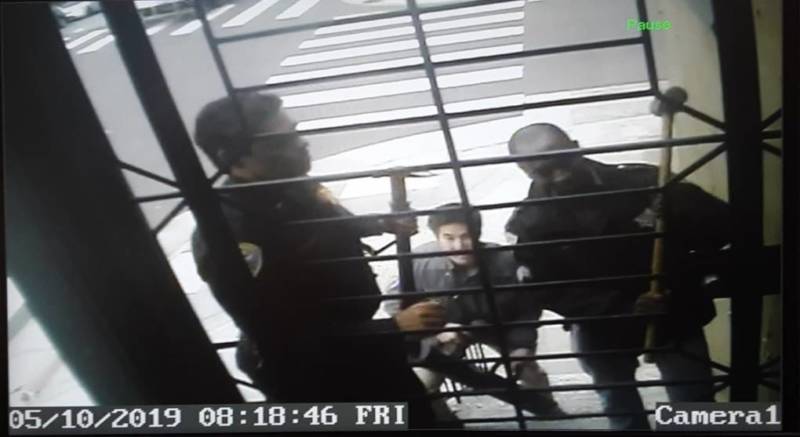A San Francisco police sergeant did not explicitly tell a judge that a search warrant probing the leak of a police report on the death of Public Defender Jeff Adachi was for the phone records of a journalist, according to the newly unsealed warrant application.
The same judge, San Francisco Superior Court Judge Rochelle East, ruled last week that the March 1 warrant for Bryan Carmody's phone records was improperly issued because he is a journalist. First Amendment attorneys have argued that the warrant violated California's shield law, which protects journalists from revealing confidential sources.
The police report, leaked within about a day of Adachi's death on Feb. 22, revealed that he was at a friend's apartment with a woman who was not his wife and that officers found empty bottles of alcohol and marijuana gummies. Carmody sold the police report, along with footage he shot of the apartment, to several news outlets.
SFPD Sgt. Joseph Obidi wrote in the warrant application for Carmody's phone records that he found a LinkedIn profile that listed Carmody's job as "Freelance Videographer/Communications Manager, USO Bay Area." Obidi did not include information from the profile that says, "Bryan has decades of experience shooting, editing and reporting news. His content has appeared on national networks including Fox News, CNN, CBS, NBC, ABC, Telemundo and Univision, as well as all Bay Area stations."
The profile has not changed since Sgt. Obidi applied for the warrant, according to Carmody. The application also did not mention that Carmody had a current SFPD press pass.
